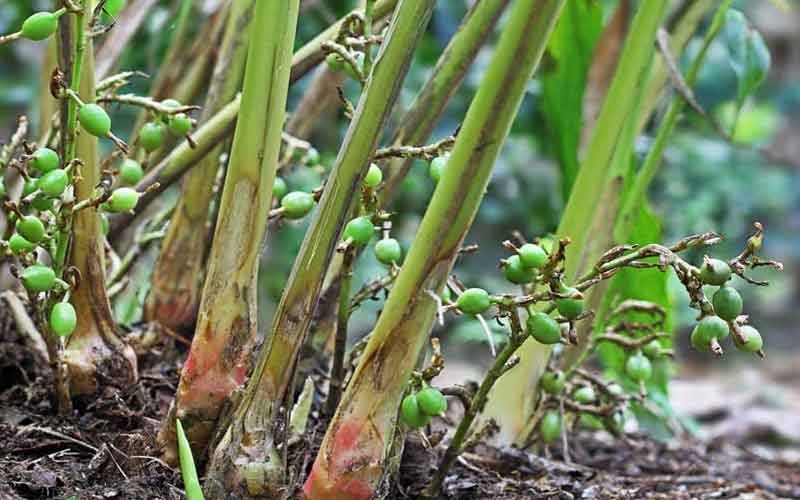Farmers’ Livelihoods in Nagaland Improved by Horticulture: AAR

In Nagaland, horticulture improves the farming community’s standard of living: AAR in Nagaland, the horticulture industry has become one of the most significant and dominant sectors where people can easily work for food over the years. This information was provided in the Department of Horticulture’s Annual Administrative Report 2022–23, which was presented at the recently concluded first session of the 14th Nagaland Legislative Assembly (NLA) in Kohima.
According to the report, the state’s favorable climate and abundance of resources make it ideal for farmers to grow a wide range of crops.
Likewise, being an agrarian state where 70% of the populace is reliant upon cultivating, most individuals are effectively engaged with the Agriculture area giving admittance to a decent and solid eating routine.
The pandemic had a significant impact on the farming community in Nagaland, closing a gap in the agricultural and horticultural value chains. Notwithstanding, in the midst of the post Coronavirus emergency, Administration of Nagaland has been vivaciously endeavoring with difficult work and truthfulness to ease the harm caused to the cultivating local area.
The department continues to provide farmers with scientific-technical support and training for the advancement of the horticulture industry with the primary objective of enhancing the farming community’s standard of living.
It should be noted that the Large Cardamom Productivity Award was given to two farmers who received assistance from the Department on July 1, 2022, at the International Buyer Seller Meet and Spices Conclave for the Northeastern Region in Guwahati, Assam.
During the year 2022, the Division likewise crossed one more achievement with the foundation of eleven Sub-Divisional Cultivation Workplaces at Pfütsero, Meluri, Mangkolemba, Tuli, Pughoboto, Seyochung, Tobu, Tening, Ralan, Sanis and Chiephobozou to improve and offer better types of assistance to the ranchers.
An all out area of 21250 Ha has been effectively covered under micro water system, helping 7344 farmers across the state throughout the course of recent years; which will be expanded further in 2023 and 2024.
Additionally, the Department has established six FPCs totaling 3000 Ha for the organic cultivation of bananas, avocados, apples, spices, and dragon fruit.
According to the Report, “it is envisaged that the State will soon begin to export surplus of these crops” as a result of the formation of FPCs because farmers will be able to aggregate and collectively market their products for export.
The division has likewise supported the very first Naga Mircha celebration at Seiyhama town in Kohima with the sole goal of advancing the yield.


